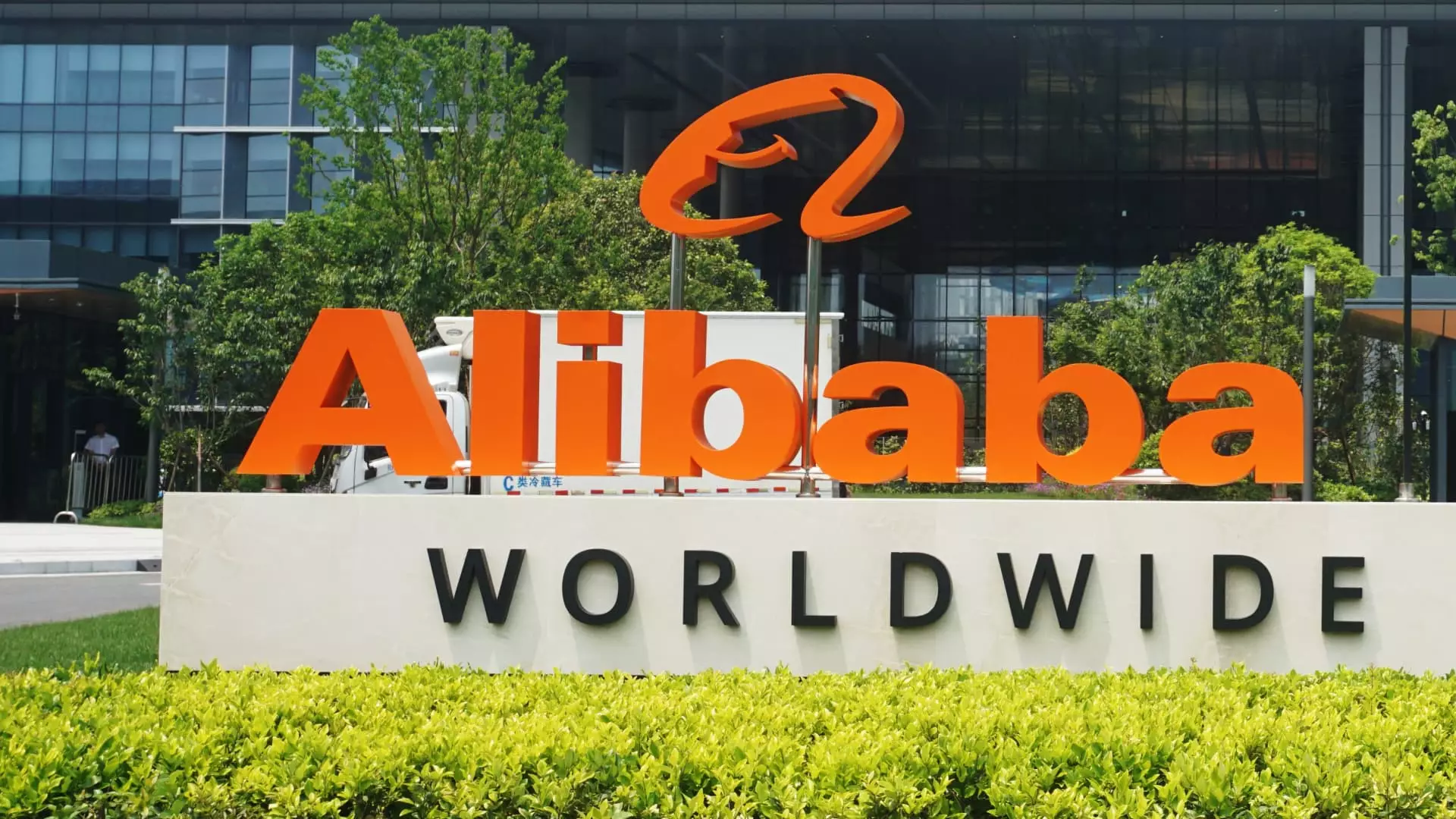In the rapidly evolving landscape of global e-commerce, communication remains a crucial aspect driving business success. Recognizing the significant barriers in multilingual trading, Alibaba’s international division recently unveiled Marco MT, a sophisticated artificial intelligence translation tool aimed at enhancing interaction between sellers and global markets. This development not only marks Alibaba’s commitment to innovating within the digital commerce space, but also puts pressure on established players like Google and DeepL as they compete against the backdrop of expanding global commerce.
Meet Marco MT: Reimagining Translation
The launch of Marco MT represents a major upgrade from its predecessor, which debuted last year and garnered around 500,000 users from various merchant backgrounds. As Alibaba aims to facilitate smoother product listings for international sellers, Marco MT offers a streamlined interface that provides translations grounded in contextual understanding. Unlike traditional models, the new iteration is underpinned solely by large language models, enabling it to comprehend nuanced industry-specific terminology and cultural references. This focus on context holds particular importance; as articulated by Kaifu Zhang, Alibaba’s vice president for international digital commerce and head of their AI initiatives, “the core goal is to enhance the financial performance of merchants.” Underlining this sentiment is the understanding that the success of the platform is intrinsically tied to merchants’ flourishing trades.
While translation tools like ChatGPT and DeepL have become household names, Alibaba purports that Marco MT offers a fresh alternative with distinct advantages. Analytical insights from the translation evaluation framework Flores suggest that Marco MT outperforms its competitors in specific metrics. By offering a personalized translation experience, Alibaba aims to revolutionize how brands communicate with potential consumers across diverse linguistic backgrounds. For instance, traditional translation mechanisms often yield literal translations, which can confuse or alienate prospective customers. Marco MT aims to remedy this by incorporating idiomatic expressions and culturally resonant phrases that create a more engaging purchasing experience.
Supporting a whopping 15 languages, including Arabic, Spanish, and German, Marco MT is poised to cater to a broad spectrum of users. Zhang anticipates strong traction for the tool, particularly from European and American markets. Furthermore, emerging economies, often overlooked by Western tech giants, represent a burgeoning opportunity for growth. Data indicates that nearly half of Alibaba.com’s highest AI tool users hail from developing nations, which raises intriguing questions about how localized translation tools can empower small businesses to access larger markets.
In an age where cross-border commerce is becoming increasingly common, Alibaba’s emphasis on this segment is not merely opportunistic; it aligns with trends observed in other successful Chinese startups. Companies such as Temu and Shein have recently made impressive inroads into international markets, showcasing the potential for Chinese businesses to thrive outside their domestic borders.
Enhancing the Consumer Experience
The sheer volume of product listings leveraging the existing AI translation tool – more than 100 million to date – highlights the demand for improved communication in commerce. More than just streamlining processes, Marco MT seeks to enrich the overall consumer journey. Zhang’s assertion that the tool will enhance Alibaba’s Double 11 shopping festival experience underscores the commitment to providing authentic user interactions. By ensuring that translations resonate with consumers, Alibaba aims to drive engagement and subsequently promote higher conversion rates.
However, the pricing model for the new tool remains ambiguous as such information was not disclosed by Zhang. Notably, similar AI services typically charge merchants based on the volume of translated content. Yet, the tool’s integration in service bundles indicates a strategic decision to enhance accessibility for various business sizes. By lowering entry barriers, Alibaba effectively encourages a broader adoption of the tool, further cementing its place within the e-commerce ecosystem.
The international arm of Alibaba has experienced robust growth, with an impressive 32% sales increase reported in recent fiscal quarters. This surge contrasts sharply with the stagnation observed in Alibaba’s primary Chinese marketplace. As analysts anticipate a slight slowing to 29% growth in international revenues, the introduction of Marco MT may play a crucial role in maintaining momentum. Furthermore, with the world increasingly embracing online commerce, the need for advanced translation tools will only escalate.
Marco MT stands as a testament to Alibaba’s foresight in recognizing the challenges posed by language barriers in global commerce. The strategic utilization of large language models and cultural understanding reflects a deep commitment to enhancing merchant success while potentially reshaping the e-commerce landscape. As international commerce continues its upward trajectory, tools like Marco MT may become indispensable assets for businesses aiming to penetrate new markets and engage consumers authentically.

